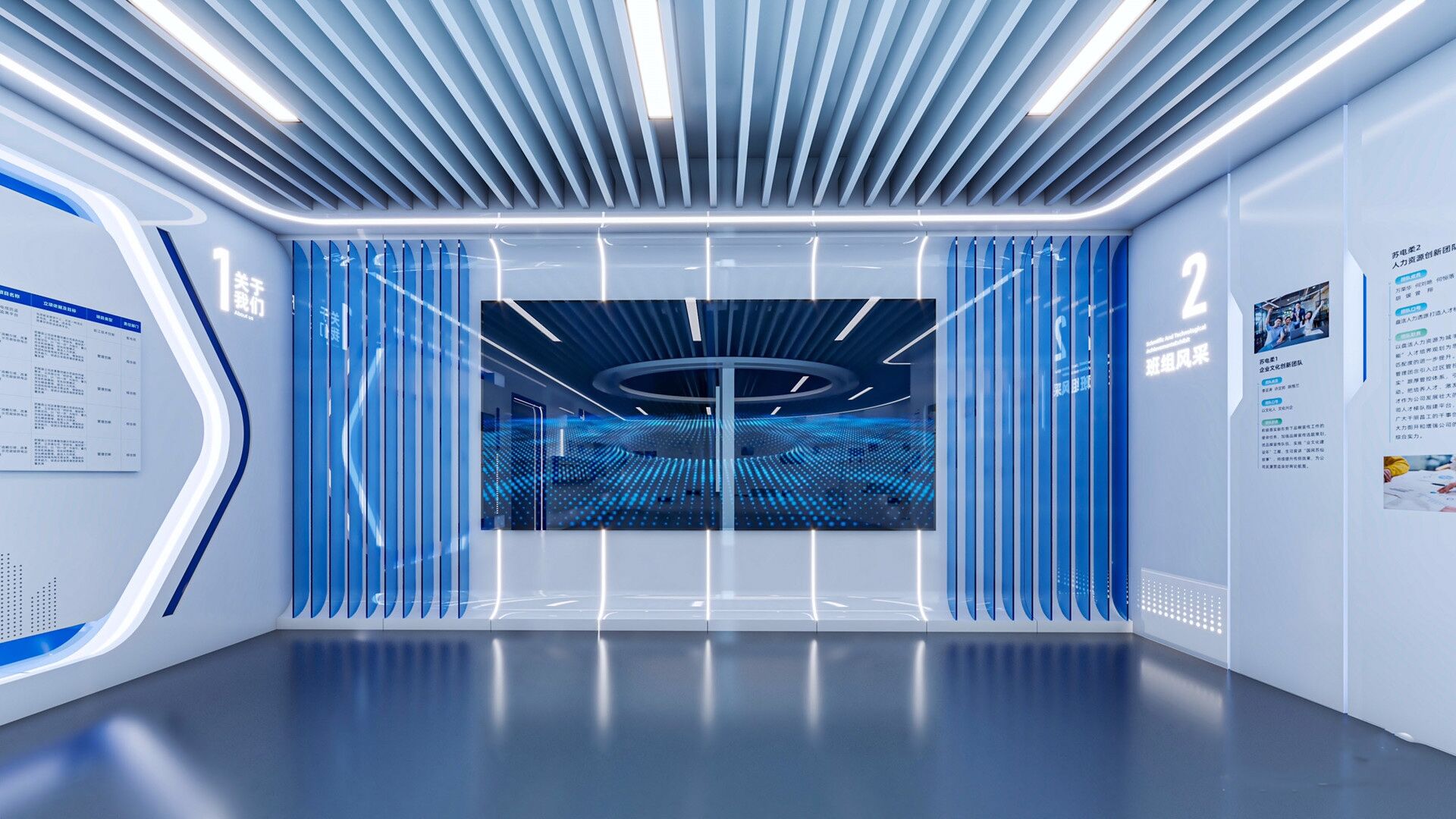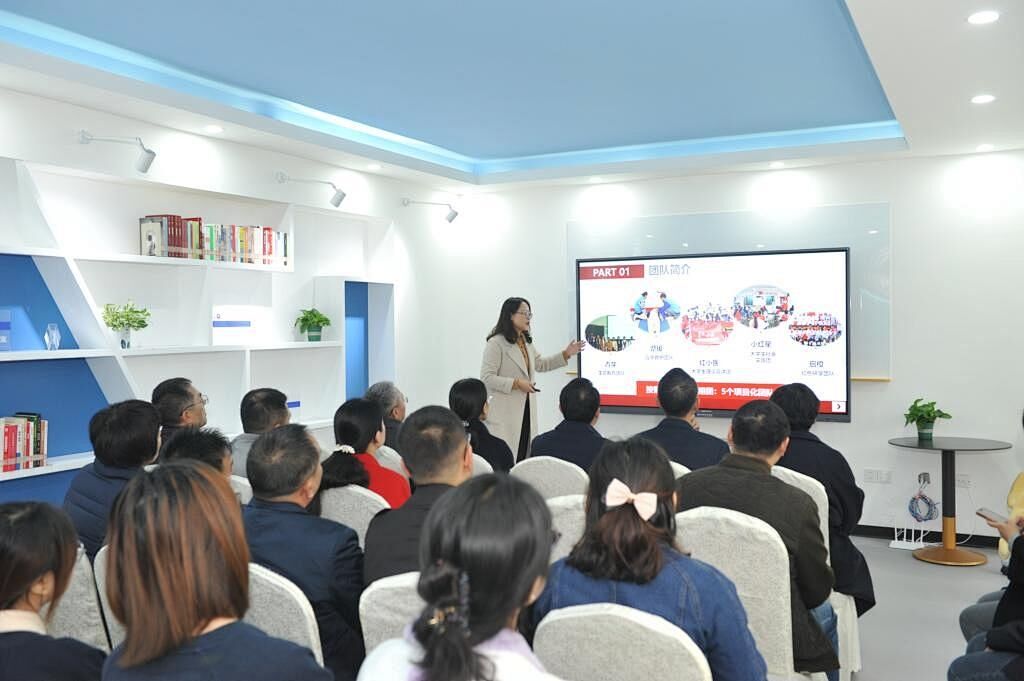Principis bàsics de les operacions de la fàbrica de carros per a elders
Filosofia de disseny centrada en la persona
Al cor de les nostres operacions, abraçam una filosofia de disseny centrada en la persona que prioritza les necessitats i preferències dels usuaris elders. El nostre objectiu és millorar les seves vides diàries a través d'un disseny de productes pensatiu. Això implica recollir activament els comentaris dels usuaris mitjançant enquestes i grups de discussió per refinament continu de les característiques dels nostres carros. Utilitzant principis de pensament de disseny, visem crear interaccions intuïtives que promoguin la facilitat d'ús, assegurant que cada producte sigui còmode i convenient. Integrant insights dels usuaris reals, podem oferir Confort de Carros per a Elders que realment respon als necessitats de la nostra comunitat elder.
Innovacions ergonòmiques en solucions de mobilitat
Les innovacions ergonòmiques formen un punt d'aplicació fonamental de les nostres solucions de mobilitat, reduint significativament l'esforç de l'usuari. Incorporant principis ergonòmics al disseny dels nostres carros per a elders, assegurem que cada carro sigui més còmode i accessible. Ens basem en la recerca d'experts en ergonomia per modelar els manillars i prenses, fent-los fàcils d'agafar i manejar. També s'han introduït característiques ajustables per atendre a les diferents capacitats físiques dels usuaris elders. Aquestes innovacions no només milloren el confort sinó que també estan alineades amb el nostre compromís de ser els principals Fàbrica de carretes d'ancians , oferint solucions de mobilitat que promouen l'independència i la dignitat.
El nostre compromís amb el disseny ergonòmic és una prova de la nostra comprensió de les necessitats físiques úniques dels nostres usuaris elders. Cada característica està cuidadosament dissenyada per fer més fàcils les tasques diàries i encoratjar estils de vida actius sense comprometre l'ús fàcil.
Ingenieria del Confort en Ajudes de Mobilitat
Tecnologia de Seient per a la Lliure Pressió
El desenvolupament de la tecnologia de seients amb aliviació de pressió és essencial per millorar el confort en les ajudes a la mobilitat. Utilitzant materials dissenyats per alliberar pressió, podem millorar significativament l'experiència de l'usuari, especialment durant l'ús prolongat. Les recerques mostren que els materials especialitzats per als seients poden reduir l'irritació de la pell i prevenir les escàlides per a pressió, una qüestió comuna entre la comunitat dels elders. Les tecnologies d'espuma i gel, que s'ajusten a les formes del cos, oferien confort distribuint la pressió uniformement, minimitzant així el desconfort. Treballar amb experts en ciència dels materials ens assegura mantenir-nos a la vanguardia d'aquests avanços. Amb aquesta tecnologia, les ajudes a la mobilitat no són només funcionals sinó realment suportives per a l'ús diari.
Sistemes de Marc de Suport Adaptable
Una innovació central en els auxilis de mobilitat és la creació de sistemes d'armadures adaptables dissenyats segons les necessitats individuals. Aquestes armadures estan dissenyades per a ser modificades fàcilment, millorant l'ergonomia i ajustant-se als preferències dels usuaris per a oferir confort i accés fàcil. Innombrables històries d'éxit destaquen com les armadures personalitzades han transformat vides, oferint als usuaris majors independència i facilitat de moviment. L'ús de materials lleugers assegura una maniobrabilitat senzilla sense sacrificar la força. Aquest equilibri entre pes i robustesa és crucial per a un ús sense tensions. Aquests sistemes adaptables, creats amb l'aportació dels usuaris i experts en mobilitat, asseguren que els nostres productes compleixin necessitats ergonòmiques diverses, portant una millora de la mobilitat i el confort al primer pla de la nostra filosofia de disseny.
Estàndards de Fabricació amb Seguretat Primera
Protocols de Proves de Stabilitat
Assegurar la estabilitat dels auxilis de mobilitat és fonamental, especialment per als usuaris majors que depenen d'aquests dispositius cada dia. Implementem protocoles de prova rigorosos dissenyats per garantir l'estabilitat del producte en diverses condicions, incloent terrenys irregulars i obstacles inesperats. Aquest enfocament s'acompanya de resultats quantificables de proves de seguretat, que proporcionen una prova tangible de fiabilitat als nostres clients. A més, treballar amb organitzacions independents per a la certificació ens ajuda a mantenir els estàndards de fabricació de seguretat més estrictes. Aquestes mesures són essencials ja que no només milloren la confiança de l'usuari, sinó que també asseguren que els nostres auxilis de mobilitat compleixin els nivells més alts de seguretat, confort i fiabilitat.
Aplicacions de Material Antideslizant
Un aspect clau de la seguretat en les ajudes a la mobilitat és l'eficàcia dels materials antideslizants. Investigant i desenvolupant aquests materials, millorem l'adherència i el control, essencial per prevenir accidents entre els usuaris majors. Estudis de casos reals mostren una reducció significativa de les caigudes després de l'implementació d'elements antideslidents efectius als nostres dispositius. Explorant diferents materials i textures ens permet continuament millorar la seguretat, assegurant que els usuaris es sentin segurs quan utilitzen els seus carros. Com part del nostre compromís amb l'excellència en la fabricació, aquestes innovacions ens posen com una fàbrica de Carros per Persones Majors dedicada a la seguretat i al suport pels nostres usuaris.
Sistemes de Suport Personalitzats
Configuracions d'Empaquet Adaptables
Les configuracions d'empunyadures ajustables són essencials per adaptar-se a usuaris d'alçades variades i promoure una postura ergonòmica, especialment en carros per a persones elders. Permetent als usuaris posicionar les empunyadures segons les seves necessitats, aquestes configuracions ajuden a reduir el malestar al peu de renyer i oferir una major comoditat. A més, dissenyar empunyadures amb múltiples posicions de bloqueig assegura un ajust segur, oferint estabilitat durant l'ús. És crucial que els fabricants continuen innovant en aquest àrea, centrant-se en dissenys centrats en l'usuari que milloren la seguretat i la facilitat d'ús per als seniors.
Característiques de Distribució de Peso Personalitzada
La implementació de característiques de distribució de pes personalitzada en carretes per a elders pot revolucionar la comoditat i la seguretat de l'usuari. Aquesta tecnologia permet ajustar el balanç de càrrega segons les necessitats individuals, assegurant la estabilitat durant el moviment. Les implicacions de la distribució dinàmica de pes són profounds; no només millora la comoditat sinó que també minimitza el risc de caigudes optimitzant el balanç. Sensors que s'adaptin a la càrrega de l'usuari són una solució adequada per a ajusts en temps real, fent que les carretes siguin més amables per a l'usuari. Com han notat els especialistes de l'indústria a l' Elderly Cart Factory, personalitzar la distribució de pes pot millorar molt l'eficàcia dels ajuts a la mobilitat. L'èmfasi hauria de centrar-se en configuracions específiques per a l'usuari, mantenint la comoditat i la seguretat com a principals preocupacions.
Impacte Comunitari de l'Elderly Cart Factory
Millorant l'Autonomia dels Majors Gràcies a la Mobilitat
A l' Elderly Cart Factory, entenem que l'augment de la mobilitat millora significativament l'independència i la salut mental dels elders. Les estadístiques mostren que aproximadament un 80% dels elders que reben suport per a la mobilitat experimenten millores notables en la seva qualitat de vida diària. els nostres usuaris sovint comparteixen testimonis emocionants que subreien com els nostres productes han permès que tornin a tenir control sobre les seves activitats diaries, oferint una sensació renovada de llibertat. Per ampliar el nostre àmbit d'acció i millorar més vides, col·laboram activament amb organitzacions dedicades a les poblacions envejades. Aquestes col·laboracions ens permeten arribar a més persones necessàries, assegurant que les nostres solucions contribueixin positivament al seu benestar.
Desenvolupament Col·laboratiu amb Comunitats de Cura
El nostre enfocament col·laboratiu amb les comunitats de cura és fonamental per a desenvolupar productes que compleixin les necessitats del món real. En implicar facilitats de cura en el procés de desenvolupament, ens assegurem que els nostres productes siguin tant pràctics com efectius en entorns reals. Partenaires exitosos amb comunitats de cura han portat a dissenys de mobilitat innovadors, millorant directament la satisfacció de l'usuari. Per exemple, els comentaris de les facilitats de cura han impulsat millores en característiques centrades en l'usuari, adaptant efectivament els nostres dissenys a les necessitats específiques dels seniors. Evidentment, els processos de disseny col·laboratius duen a solucions més personals, millorant la confort i seguretat general de l'usuari, demostrant així ser molt efectius en aplicacions del món real.
Preguntes més freqüents (PMF)
Què és una filosofia de disseny centrat en l'humà?
Una filosofia de disseny centrat en l'humà prioritza les necessitats i preferències dels usuaris. Involucra recollir retroalimentació d'usuaris per refinarel les característiques del producte i crear productes intuïtius i còmodes.
Com beneficen les innovacions ergonòmiques la mobilitat dels elders?
Les innovacions ergonòmiques reduïxen l'esforç incorporant elements de disseny còmodes i accessibles, com ara característiques ajustables i manetes fàcils de manejar, promocionant l'independència i la dignitat per als usuaris elders.
Per què són importants els protocols de proves de stabilitat?
Els protocols de proves de stabilitat asseguren que les ajudes per a la mobilitat siguin stables i fiables, oferint seguretat i confort als usuaris elders, especialment en terrains inquals o en situacions inesperades.
Com milloren l'ús del carret ll'ajust de la barra del volant configurable?
L'ajust de la barra del volant configurable permet als usuaris personalitzar les manetes segons la seva alçada i postura, reduint l'esforç a la part posterior i promocionant una postura ergonòmica als cars per a elders.
Què són les característiques de distribució de pes personalitzades?
Les característiques de distribució de pes personalitzades ajusten el balanç de càrrega dels cars segons les necessitats individuals, millorant la stabilitat i minimitzant el risc de caigudes pels usuaris.
El contingut
- Principis bàsics de les operacions de la fàbrica de carros per a elders
- Ingenieria del Confort en Ajudes de Mobilitat
- Estàndards de Fabricació amb Seguretat Primera
- Sistemes de Suport Personalitzats
- Impacte Comunitari de l'Elderly Cart Factory
-
Preguntes més freqüents (PMF)
- Què és una filosofia de disseny centrat en l'humà?
- Com beneficen les innovacions ergonòmiques la mobilitat dels elders?
- Per què són importants els protocols de proves de stabilitat?
- Com milloren l'ús del carret ll'ajust de la barra del volant configurable?
- Què són les característiques de distribució de pes personalitzades?

 EN
EN









































